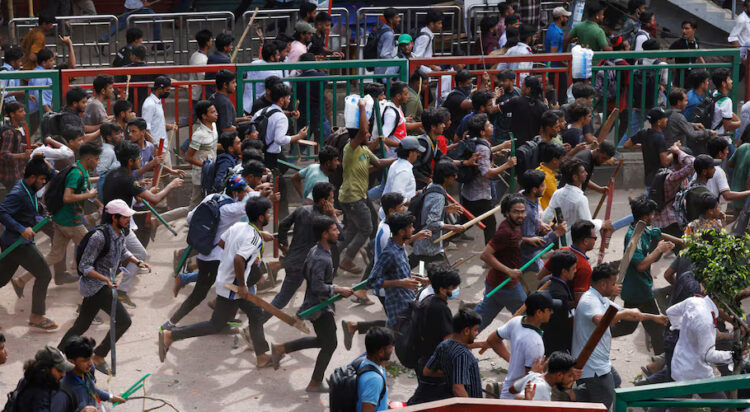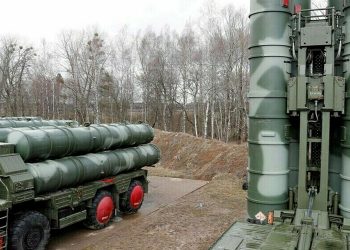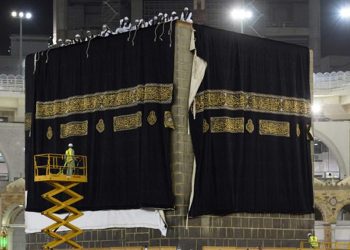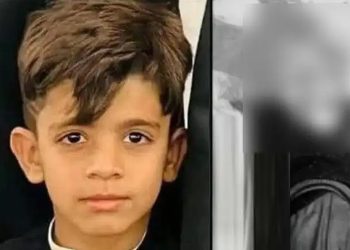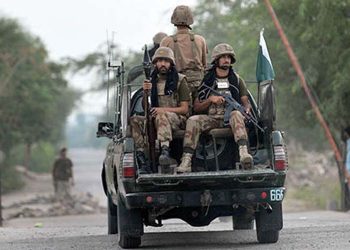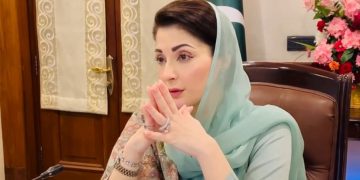Schools and universities across Bangladesh have been shut until further notice after six people were killed in protests over quotas in government jobs, police said, a day after more than 400 others were injured.
For weeks, the South Asian nation has been experiencing protests over the public sector job quotas, including a 30% reservation for family members of freedom fighters from the 1971 War of Independence from Pakistan. The quotas have incited anger among students, many of whom are struggling with high youth unemployment rates. Approximately 32 million young Bangladeshis are neither working nor studying out of a total population of 170 million.
The demonstrations intensified after Prime Minister Sheikh Hasina declined to meet the protesters’ demands, citing ongoing court proceedings. She also labeled those opposing the quota system as “razakar,” a term for alleged collaborators with the Pakistani army during the 1971 war.
Violence erupted this week when thousands of anti-quota protesters clashed with members of the student wing of the ruling Awami League party nationwide. Police responded with rubber bullets and tear gas to disperse the crowds. According to police reports, six people, including at least three students, were killed during the clashes on Tuesday.
This wave of protests marks the first significant challenge to Hasina’s government since she secured a fourth consecutive term in January in an election boycotted by the BNP.
Experts link the unrest to stagnant job growth in the private sector, which makes government jobs, known for regular wage increases and other benefits, increasingly sought after. Currently, 56% of government jobs in Bangladesh are reserved under various quotas, including 10% for women, 10% for people from underdeveloped districts, 5% for indigenous communities, and 1% for people with disabilities.







